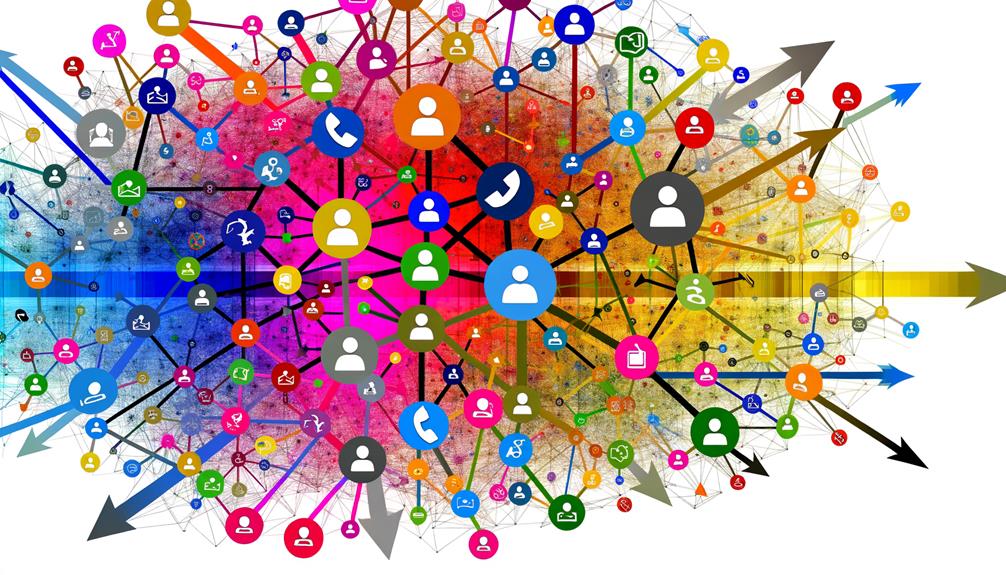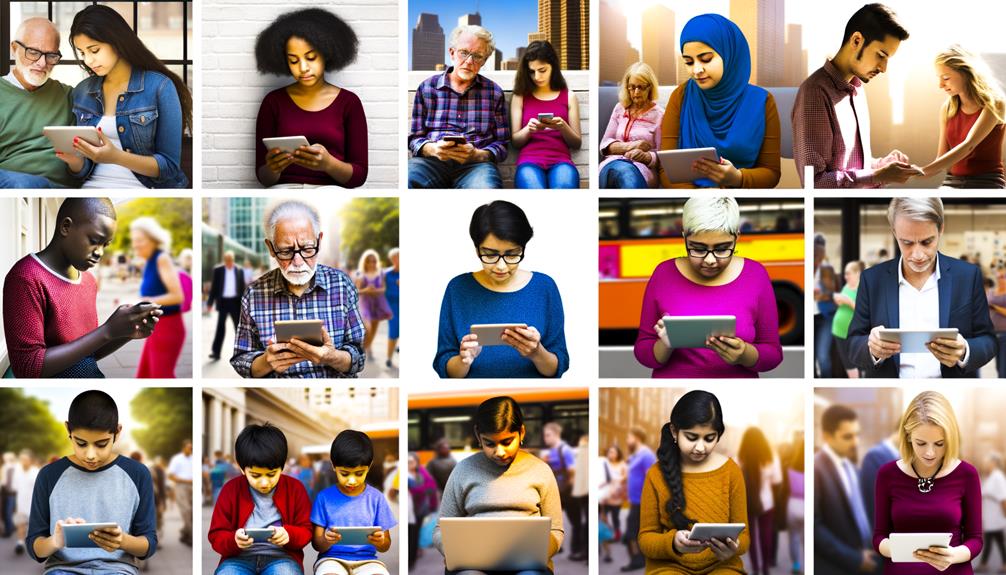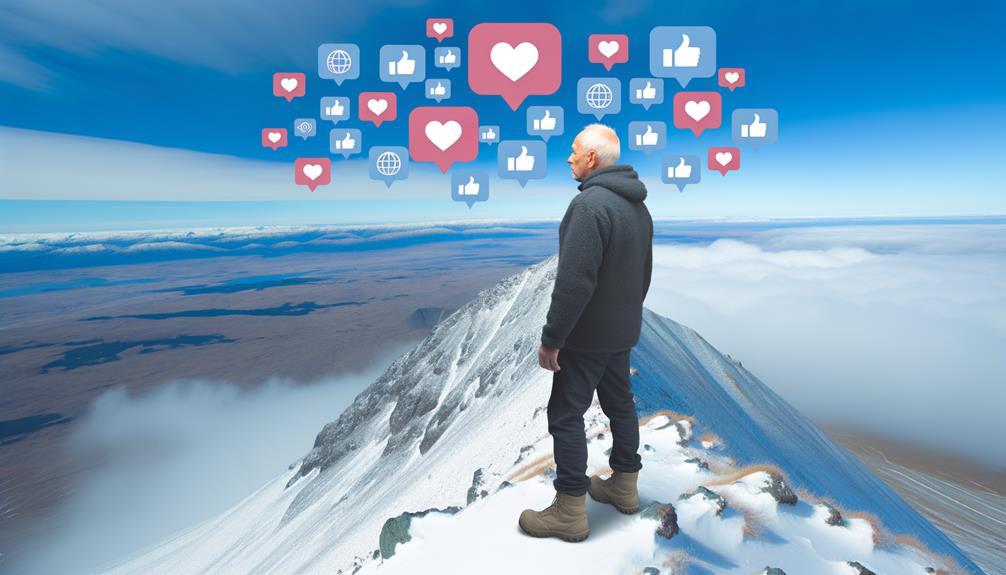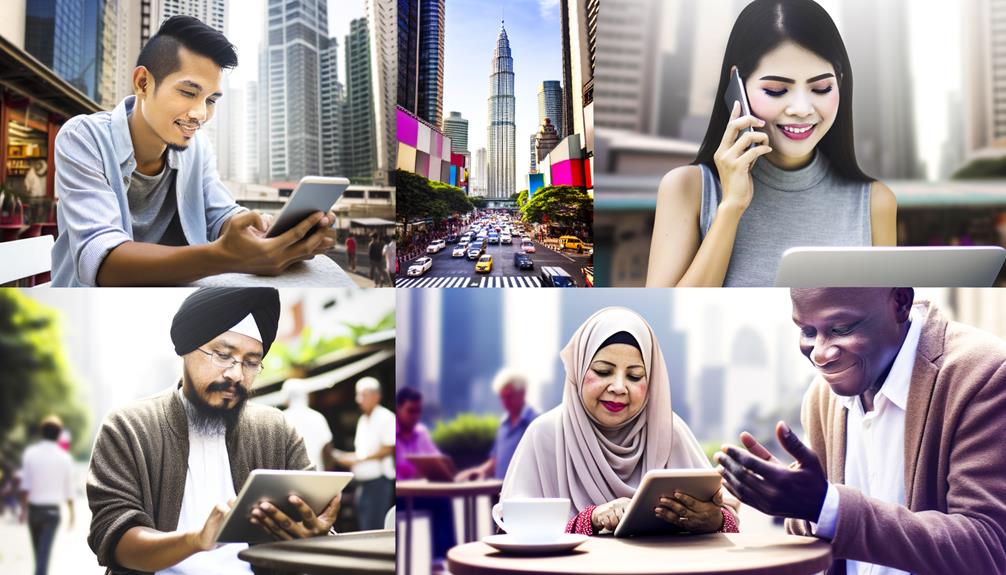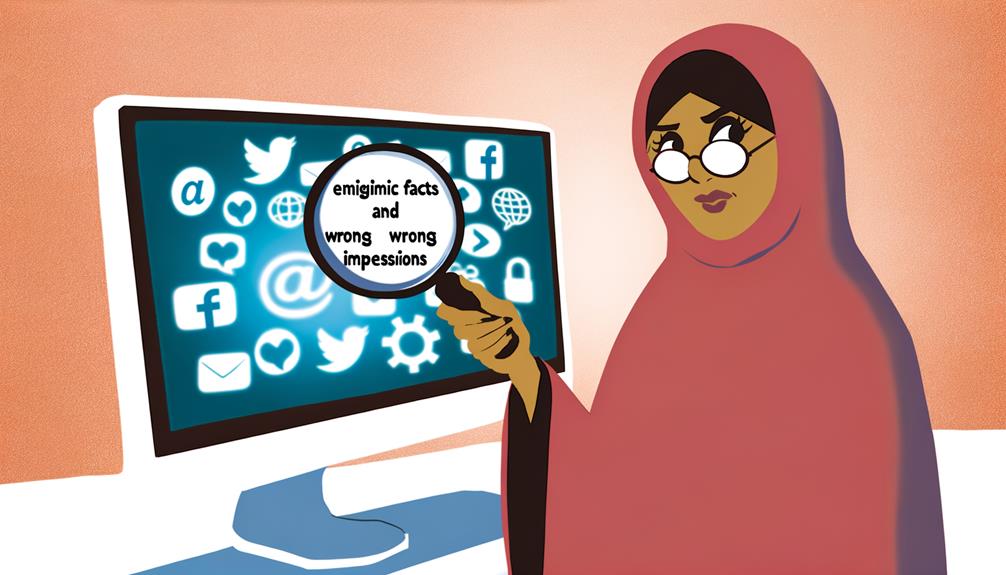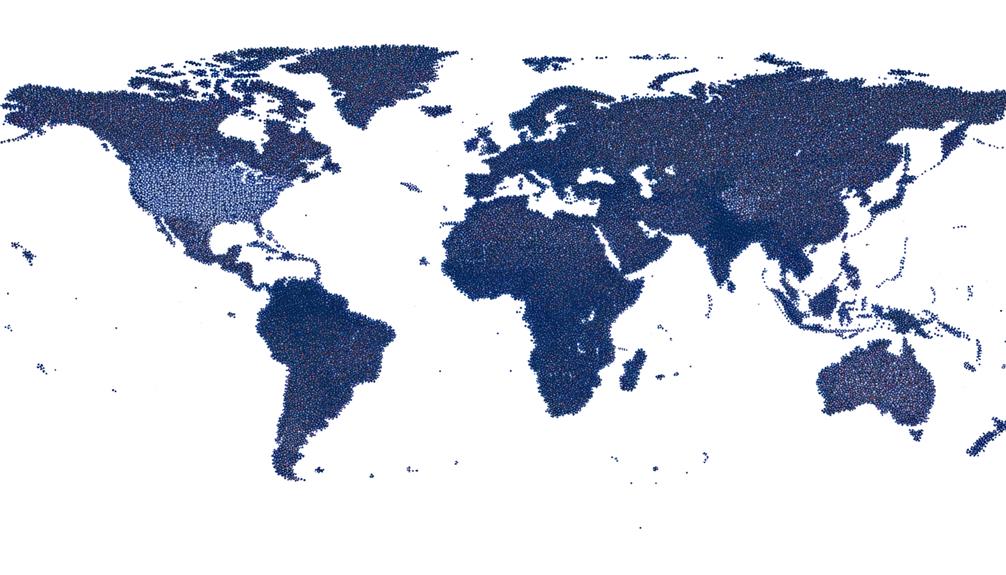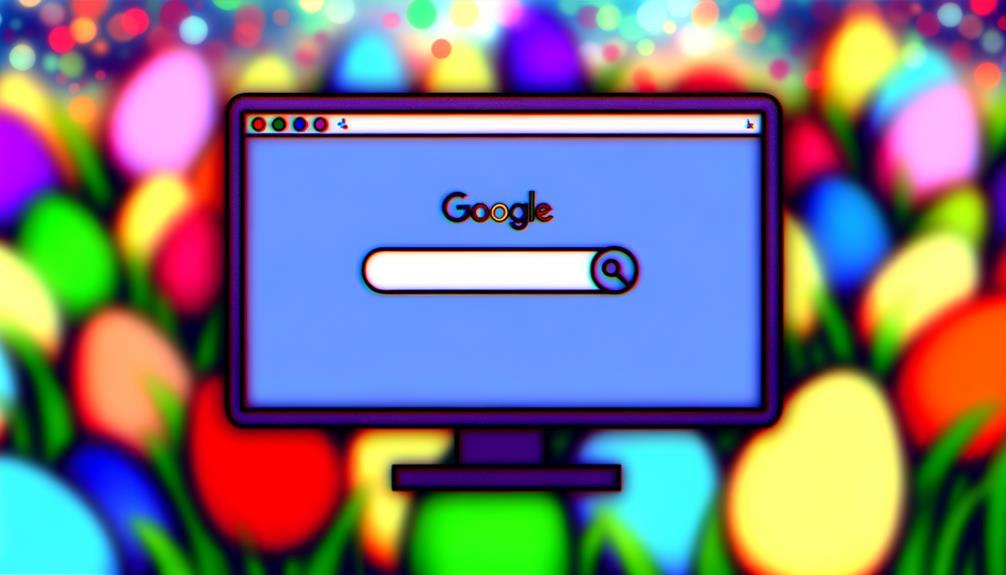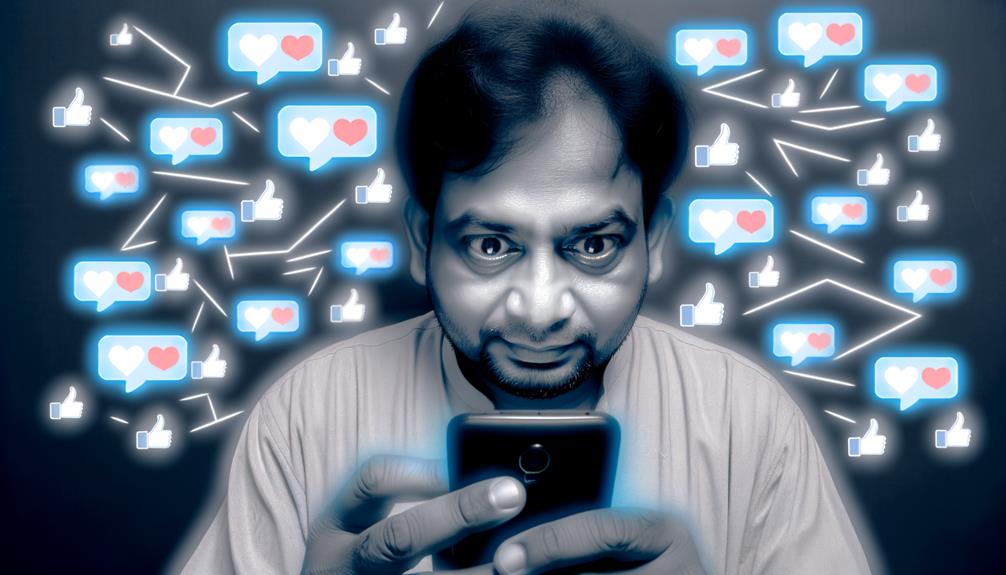Have you ever stopped to ponder the true implications of social media in our modern society? The vast landscape of online platforms has undeniably reshaped the way we interact, consume information, and even form opinions.
As you navigate through the digital realm, have you considered the multifaceted role that social media plays in shaping our perceptions and influencing our behaviors?
Let’s explore the intricate web of connections and impacts that social media weaves in our daily lives.
Evolution of Social Media
Over the past two decades, social media has rapidly evolved into a powerful communication tool that has transformed how people connect and interact online. It all began with platforms like Six Degrees and Friendster, paving the way for the era of MySpace and eventually the giant we know today, Facebook. These platforms allowed users to create profiles, connect with friends, and share updates, photos, and videos. As technology advanced, so did social media, with platforms like Twitter, Instagram, Snapchat, and TikTok entering the scene, each offering its unique way of connecting people worldwide.
With the rise of smartphones, social media became even more accessible, allowing users to stay connected on the go. The evolution of social media hasn’t only changed how we communicate but has also influenced various aspects of our lives, from how we consume news and entertainment to how businesses market their products. Today, social media continues to evolve, shaping the way we interact and share information in an ever-changing digital landscape.
Impact on communication
How has social media revolutionized communication in today’s digital age?
Social media has completely transformed the way people interact and communicate with one another. Platforms like Facebook, Twitter, Instagram, and LinkedIn have made it easier to connect with friends, family, colleagues, and even strangers from all around the world instantly. The real-time nature of social media allows for immediate responses, fostering quick exchanges of information and ideas.
Additionally, social media has broken down barriers to communication by enabling individuals to express themselves freely and openly. Users can share their thoughts, opinions, and experiences without the constraints of traditional communication channels. This freedom of expression has led to the rise of online activism, social movements, and the sharing of diverse perspectives on various issues.
Moreover, social media has made communication more visual and engaging through the use of images, videos, and live streams. This multimedia approach enhances the overall communication experience, making interactions more personal and immersive. In essence, social media has revolutionized communication by making it faster, more accessible, and more interactive in today’s interconnected world.
Influence on consumer behavior
Social media’s impact on communication naturally extends to influencing consumer behavior in significant ways. As a consumer, you’re constantly bombarded with advertisements, product reviews, and influencers promoting various products and services on social media platforms. This exposure can have a profound effect on your purchasing decisions and overall shopping habits.
Here are four ways social media influences consumer behavior:
- Product Discovery: Social media platforms provide a space for brands to showcase their products to a vast audience, making it easier for you to discover new items or services that align with your interests.
- Peer Recommendations: Seeing friends, family, or influencers endorse a product can sway your opinion and create a sense of trust in the brand.
- Social Proof: Positive comments, likes, and shares on social media can serve as social proof, validating the quality and popularity of a product in your eyes.
- Targeted Advertising: Algorithms on social media platforms analyze your online behavior to show you ads tailored to your preferences, increasing the likelihood of you making a purchase.
Role in political discourse
Playing a pivotal role in shaping public opinion and fostering political discussions, social media platforms have become indispensable tools for modern discourse. With millions of users actively engaging on platforms like Twitter, Facebook, and Instagram, political discourse has shifted from traditional mediums to real-time conversations online. Social media enables individuals to express their political views, share news articles, and participate in debates with a global audience instantly.
One of the key strengths of social media in political discourse is its ability to amplify voices that may have been marginalized in traditional media. Activists, grassroots movements, and ordinary citizens can now reach a vast audience without the need for expensive advertising or established connections. This democratization of political discourse has led to increased civic engagement and awareness among the general population.
Moreover, social media provides a platform for politicians to directly communicate with their constituents, share policy proposals, and respond to feedback in real-time. This direct interaction fosters transparency and accountability in governance, as citizens can hold their elected officials accountable for their actions and decisions. In essence, social media has revolutionized political discourse by making it more accessible, inclusive, and interactive for individuals around the world.
Significance in modern society
In today’s interconnected world, the significance of social media in modern society can’t be overstated. Social media plays a crucial role in shaping various aspects of our lives, from how we communicate to how we consume information. Here are four key reasons why social media holds such importance in today’s society:
- Connectivity: Social media platforms allow you to stay connected with friends, family, and even strangers from around the globe in real-time, fostering relationships and bridging distances.
- Information Sharing: Social media serves as a hub for sharing news, opinions, and ideas, enabling rapid dissemination of information on a global scale.
- Influence: Social media influencers and trends have a significant impact on consumer behavior, shaping purchasing decisions and popular culture.
- Community Building: Social media communities provide a sense of belonging and support, allowing individuals with shared interests to come together and create meaningful connections.
The pervasive presence of social media in modern society underscores its profound impact on how we interact, learn, and perceive the world around us.
Conclusion
You simply can’t underestimate the power of social media in today’s world. It has revolutionized communication, shaped consumer behavior, influenced political discourse, and become an integral part of modern society.
From connecting people across the globe to sparking important conversations, social media is the driving force behind so many aspects of our lives.
So next time you scroll through your feed, remember the immense impact it has on shaping our world.

